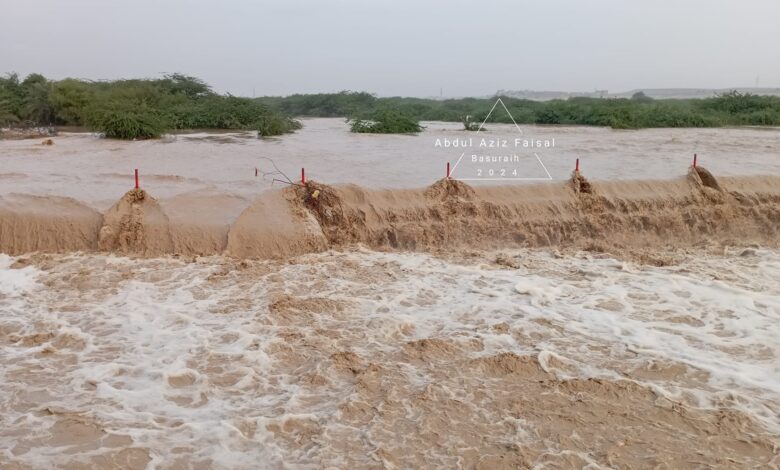International Report: Yemen’s Climate Crisis Deepens Amidst Conflict

Yemen Monitor/Newsroom:
Yemen, a nation already grappling with a decade-long conflict, is facing escalating threats from climate change, according to a recent report. The World Bank’s Climate and Development Report for Yemen highlights the urgent need for climate-smart investments to address pressing challenges related to water, agriculture, and disaster risk management, all while considering the country’s fragile and conflict-affected context.
Yemen is experiencing rising temperatures, unpredictable rainfall patterns, and more frequent extreme weather events, significantly impacting the most vulnerable populations and their economic prospects. Half of Yemenis are already exposed to at least one climate hazard—extreme heat, drought, or floods—with compounding effects on food insecurity and poverty.
Without immediate action, these risks are projected to intensify, potentially reducing Yemen’s annual GDP by 3.9% by 2040 under pessimistic climate scenarios, largely due to declining agricultural productivity and infrastructure damage.
Despite these challenges, the report identifies strategic opportunities to enhance resilience, improve food and water security, and unlock sustainable growth. Targeted investments in water storage, groundwater management, and climate-smart agricultural techniques could lead to productivity gains of up to 13.5% in crop production under optimistic climate scenarios for the period 2041-2050. However, Yemen’s fisheries sector remains vulnerable, with potential losses of up to 23% by mid-century due to rising sea temperatures.
The report underscores the importance of disaster risk management, especially with the increasing frequency of flash floods. Urban areas and critical infrastructure are particularly at risk, and without adaptation measures, economic shocks will disproportionately affect already vulnerable communities.
Climate-related health issues could cost the country over US$5 billion in additional health costs by 2050, increasing healthcare costs and straining already fragile health systems. Addressing these challenges requires integrating climate resilience into public health planning, with a focus on vulnerable groups such as women and children.
Yemen also possesses significant renewable energy potential, which can be a cornerstone of its climate response and recovery. Harnessing renewable energy resources not only provides a pathway to reduce reliance on fossil fuels but also enables the creation of more resilient energy infrastructure. This will be essential to support critical services such as healthcare, water supply, and food distribution, especially in conflict-affected areas.
The report emphasizes the importance of flexible, risk-informed decision-making to adapt climate actions to Yemen’s uncertain political landscape. A scenario-based approach in the report allows for tailoring climate investments based on Yemen’s progress towards peace or escalation of conflict. Under a “peace and prosperity” scenario, a higher level of adaptation can be implemented, leading to greater economic and social benefits.




